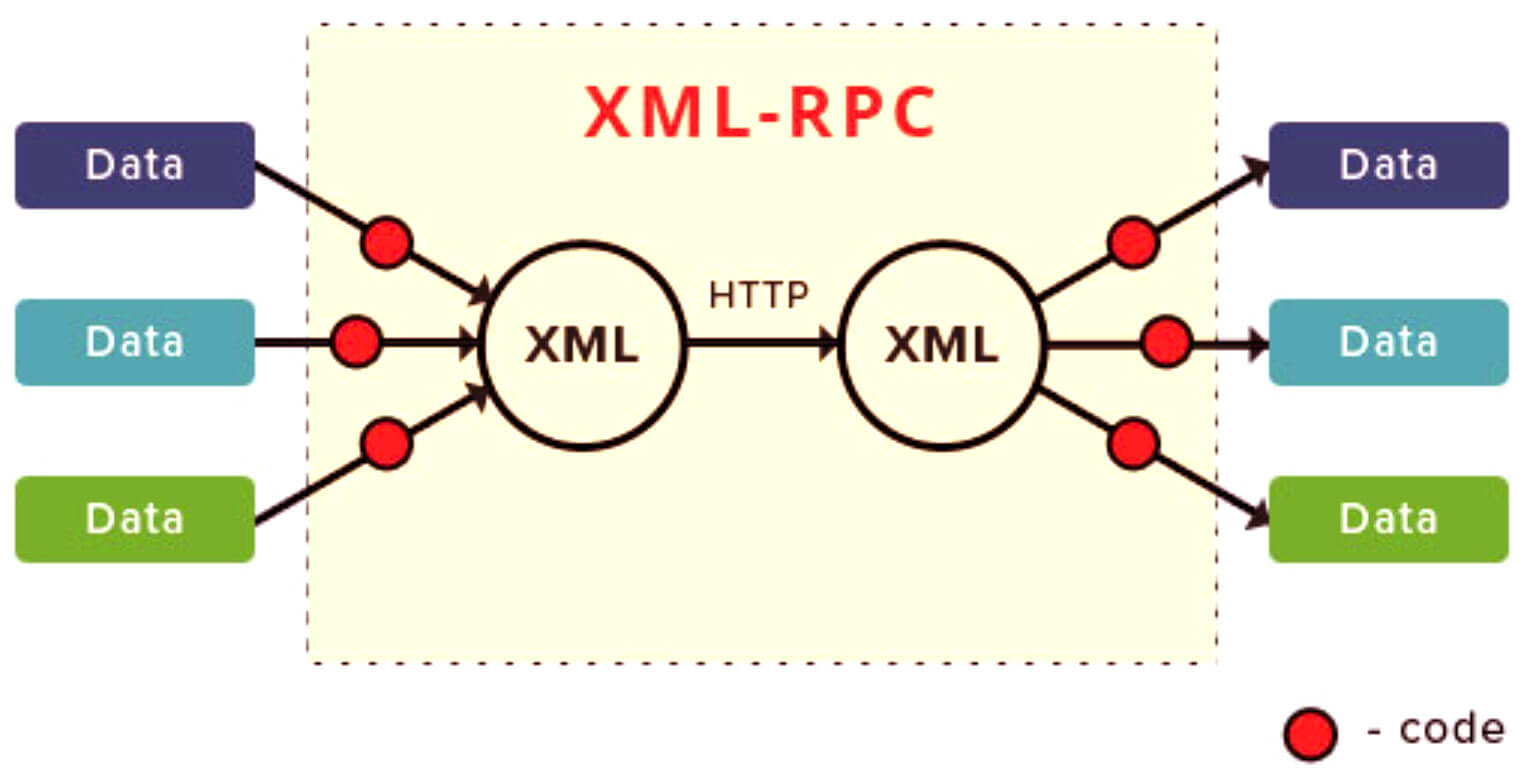WordPress has evolved over the years to become a powerful content management system (CMS) that powers millions of websites worldwide. One of the technologies that played a significant role in WordPress’s growth is XML-RPC. In this article, we will explore what XML-RPC is, its purpose, its current relevance in light of WordPress’s REST API, security threats and vulnerabilities associated with it, popular plugins that still rely on XML-RPC, reasons to consider disabling it, and how to disable XML-RPC if necessary.
What is XML-RPC?
XML-RPC, short for XML Remote Procedure Call, is a remote communication protocol that enables different software applications to interact with each other using XML messages. In the context of WordPress, XML-RPC allows external systems and applications to perform various actions such as publishing posts, managing comments, and retrieving information from a WordPress site.

What is it used for?
XML-RPC was initially designed to facilitate remote management of WordPress websites, especially for mobile applications and third-party services. It enables users to perform actions on their sites without directly accessing the WordPress admin dashboard. For example, you can use XML-RPC to publish posts from mobile devices or integrate WordPress with other platforms.
Is it needed now that WordPress uses REST API?
With the introduction of the REST API in WordPress, which provides a more modern and flexible way to interact with the system, the reliance on XML-RPC has diminished. The REST API offers enhanced security, improved performance, and better support for modern web development practices. Most new plugins and integrations are built using the REST API, making XML-RPC less necessary for modern WordPress applications.
Beware of Security Threats & Vulnerabilities
XML-RPC has been associated with several security vulnerabilities and has often been exploited by malicious actors to launch attacks on WordPress sites. The XML-RPC interface can be a potential entry point for brute-force attacks, DDoS attacks, and information disclosure. Outdated or poorly secured plugins that rely on XML-RPC can further exacerbate these security risks.
What plugins actually need it?
While many plugins have transitioned to using the REST API, there are still some popular ones that rely on XML-RPC. Here are five examples:
- Jetpack: The popular all-in-one WordPress plugin by Automattic utilizes XML-RPC to enable features such as centralized management, site stats, and more.
- WooCommerce: Although WooCommerce uses the REST API for most interactions, it still relies on XML-RPC for certain actions, such as tracking inventory changes via external systems.
- Akismet: This widely-used spam protection plugin relies on XML-RPC to check comments against a global spam database.
- WordPress Mobile Apps: The official WordPress mobile apps for iOS and Android continue to utilize XML-RPC for publishing and managing content.
- Pingbacks and Trackbacks: These features, although considered outdated and often disabled, still rely on XML-RPC to notify other sites of link mentions.
Why you should disable XML-RPC
Given the security risks associated with XML-RPC and its diminishing relevance, disabling it can be a prudent step for most WordPress site owners. Disabling XML-RPC helps mitigate the risk of brute-force attacks and other vulnerabilities.
How to disable XML-RPC
Disabling XML-RPC can be accomplished through various methods, including:
Using a security plugin: Install and configure a security plugin like Wordfence or Sucuri, which typically includes an option to disable XML-RPC.
Functions.php: Add the following code snippet to your theme’s functions.php file:
add_filter('xmlrpc_enabled', '__return_false');
Plugin-specific settings: Some security or optimisation plugins may offer XML-RPC disabling as a feature. Check the settings of such plugins for XML-RPC options.
While XML-RPC has served as a vital communication protocol for WordPress in the past, its importance has significantly diminished with the advent of the REST API. Although some plugins still rely on XML-RPC, the increasing security threats and vulnerabilities associated with it make disabling XML-RPC a recommended practice for most WordPress site owners. By embracing the REST API and taking necessary security precautions, site owners can ensure a safer and more efficient WordPress experience.
Remember to evaluate your specific needs and dependencies before disabling XML-RPC entirely, as some plugins or integrations may still require its functionality. If you require assistance with WordPress development, or in general, custom website development; please don’t hesitate to contact me for assistance.

![A Beginners Guide to Headers Security & HSTS [Free Guide] by Robert Mullineux](https://robertmullineux.com.au/wp-content/uploads/2025/07/A-Beginners-Guide-to-Headers-Security-HSTS-300x225.jpg)

![Top 5 Analytics Platforms for Websites & Web Apps in 2025 [Free Guide]](https://robertmullineux.com.au/wp-content/uploads/2025/04/Top-5-Analytics-Platforms-for-Websites-Web-Apps-in-2025-300x198.jpg)

